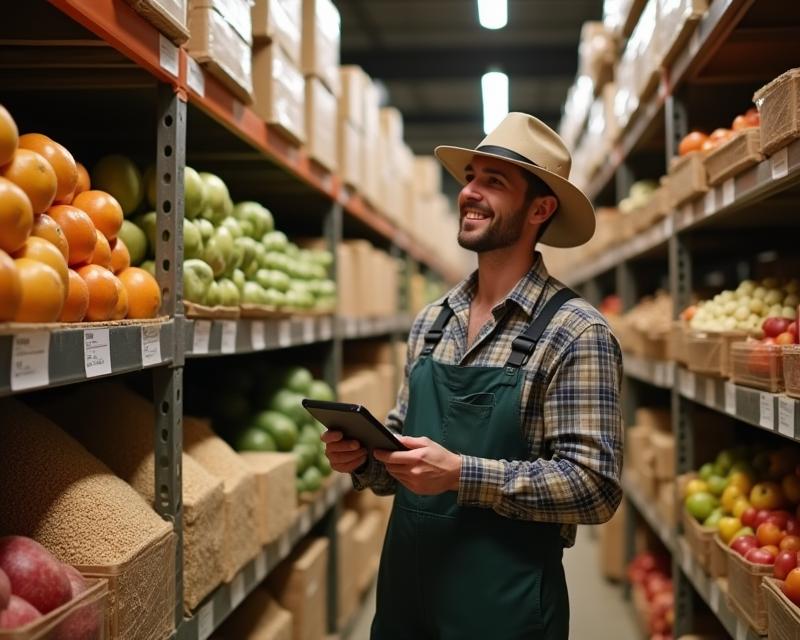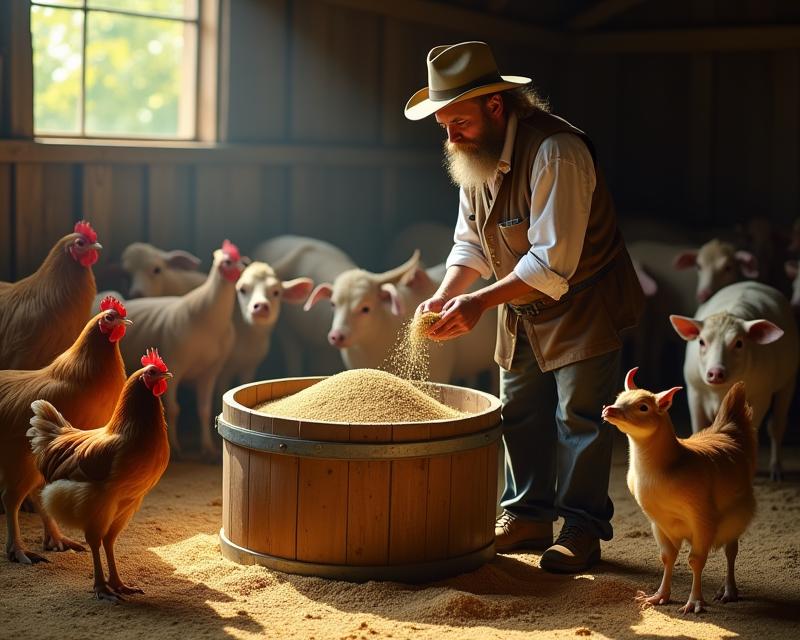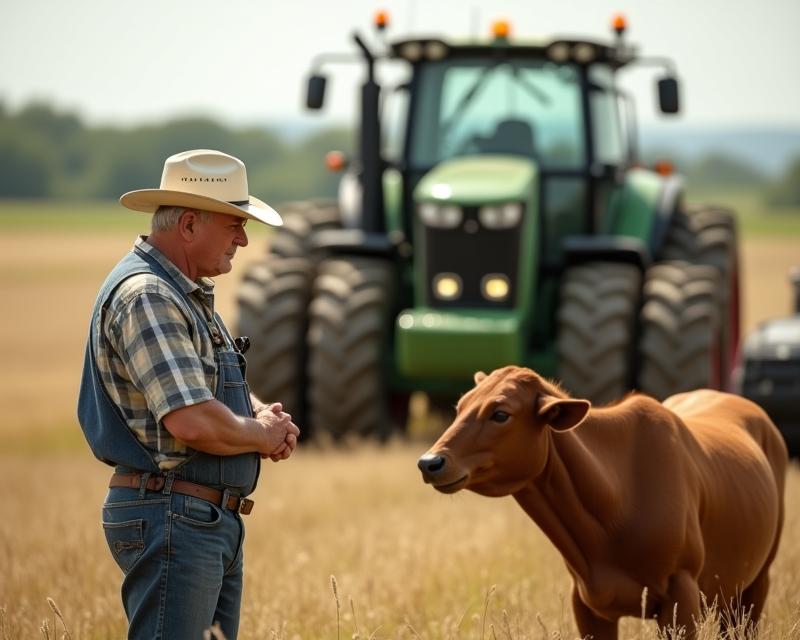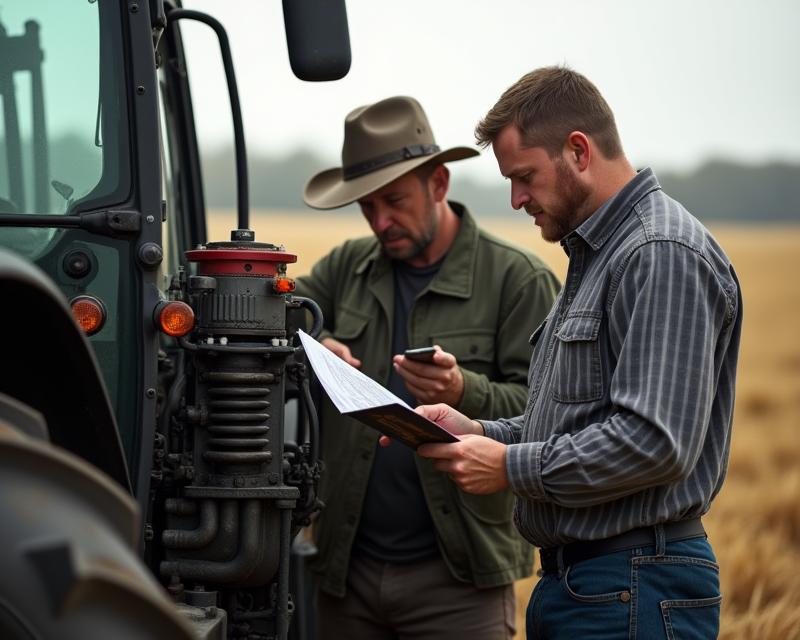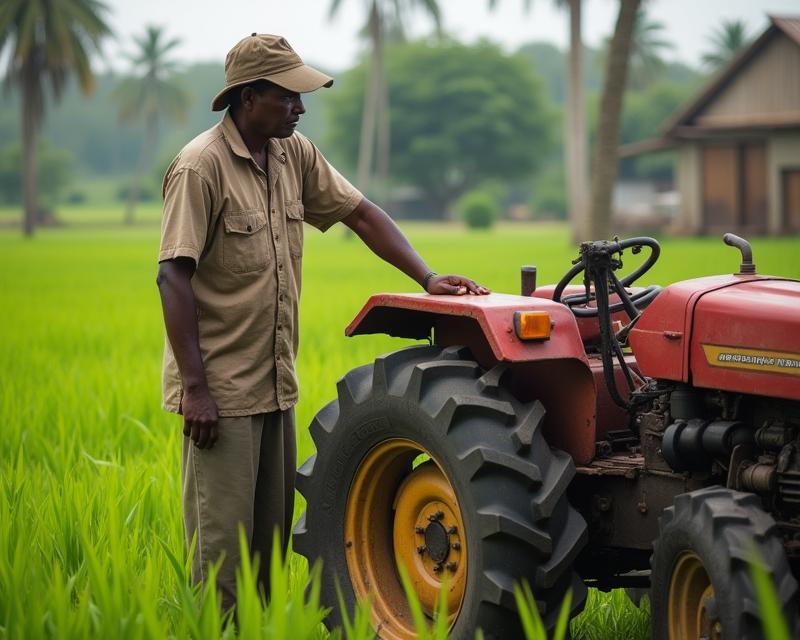Sanctions & Small Farms: A Tough Reality
Publish in Farm Business el 21/07/2025 20:34
Sanctions & Small Farms: A Tough Reality
Hello fellow farmers, gardeners, and ranchers! Let's talk about something that's been creating a lot of challenges for folks like us: sanctions. You might hear the term thrown around in the news, often related to international politics, but it has a very real and direct impact on our ability to run our farms and businesses. It's a complex issue, but understanding it is crucial for navigating the current agricultural landscape.

So, what exactly are sanctions? Simply put, they are restrictions imposed by one country or group of countries on another. These restrictions can include limitations on trade, financial transactions, and even the flow of technology. While sanctions are often intended to influence a country's policies, they often have unintended consequences, and unfortunately, smallholder farmers are frequently caught in the crossfire. Think about it: many of us rely on imported inputs – fertilizers, seeds, specialized equipment parts – and export our products to international markets. Sanctions can disrupt these vital supply chains, making it harder and more expensive to do what we do.
One of the biggest impacts is on access to essential resources. For example, sanctions can restrict access to certain types of fertilizers, which are vital for healthy crop yields. This can lead to lower production, reduced quality, and ultimately, lower profits. Similarly, sanctions can make it difficult to obtain replacement parts for farm equipment, forcing farmers to delay repairs or even retire valuable machinery prematurely. The ripple effect extends to transportation costs as well; sanctions can increase shipping rates and make it harder to find reliable transport options.
What can we do? While the situation can feel overwhelming, there are steps we can take. First, it's important to stay informed about the specific sanctions that are affecting our region and industry. Agricultural organizations and government agencies often provide updates and resources. Second, explore alternative suppliers and sourcing options. This might involve looking to domestic suppliers or seeking out new partnerships with farmers in neighboring regions. Finally, consider diversifying your crops or livestock to reduce reliance on specific inputs or markets. Building strong local networks and collaborating with other farmers can also provide valuable support during challenging times. It's a tough road, but by staying informed, adapting, and working together, we can navigate these hurdles and continue to feed our communities.
